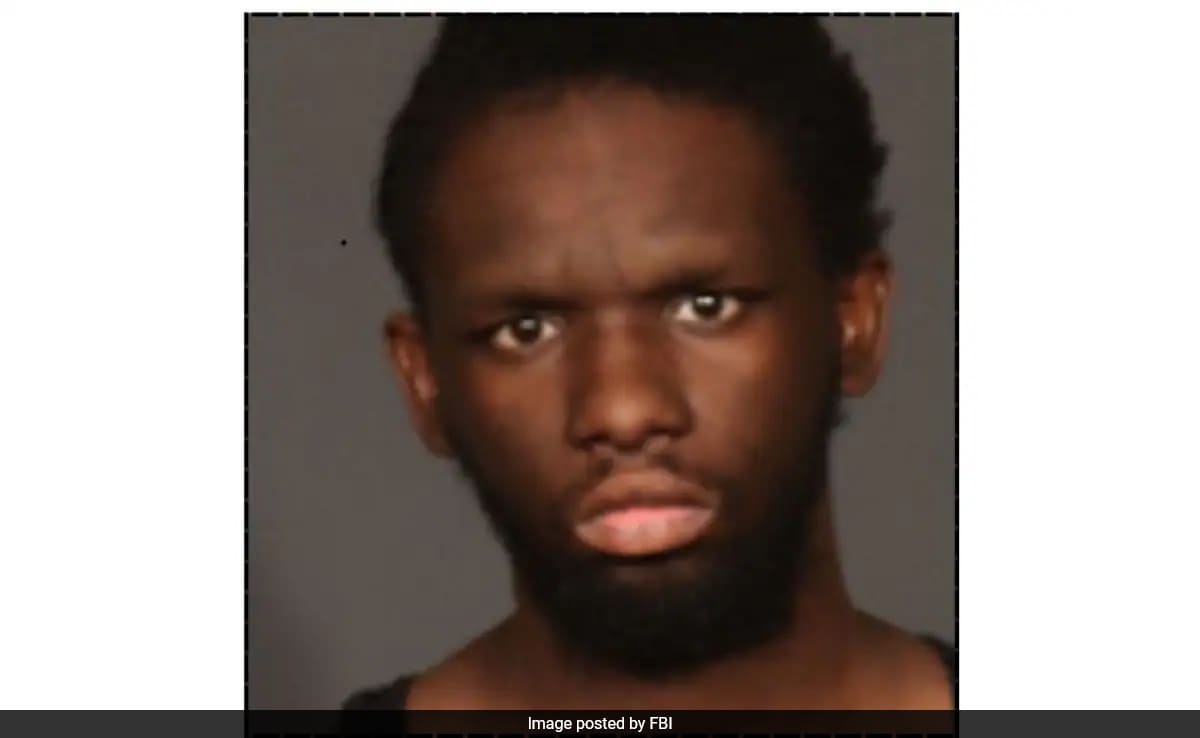You have a preview view of this article while we are checking your access. When we have confirmed access, the full article content will load.
- liveUpdates
May 13, 2024, 4:51 a.m. ET
- Photos
- A Key Hamas Leader
- An Isolated and Defiant Israel
- Biden’s Clash With Netanyahu
- Israel’s Rafah Incursion
Hamas monitored political activity, online posts, and apparently even love lives. Palestinians were stuck between an Israeli blockade and a repressive security force.

May 13, 2024, 5:03 a.m. ET
The Hamas leader Yahya Sinwar has for years overseen a secret police force in Gaza that conducted surveillance on everyday Palestinians and built files on young people, journalists and those who questioned the government, according to intelligence officials and a trove of internal documents reviewed by The New York Times.
The unit, known as the General Security Service, relied on a network of Gaza informants, some of whom reported their own neighbors to the police. People landed in security files for attending protests or publicly criticizing Hamas. In some cases, the records suggest that the authorities followed people to determine if they were carrying on romantic relationships outside marriage.
Hamas has long run an oppressive system of governance in Gaza, and many Palestinians there know that security officials watch them closely. But a 62-slide presentation on the activities of the General Security Service, delivered only weeks before the Oct. 7 attack on Israel, reveals the degree to which the largely unknown unit penetrated the lives of Palestinians.
The documents show that Hamas leaders, despite claiming to represent the people of Gaza, would not tolerate even a whiff of dissent. Security officials trailed journalists and people they suspected of immoral behavior. Agents got criticism removed from social media and discussed ways to defame political adversaries. Political protests were viewed as threats to be undermined.
Everyday Gazans were stuck — behind the wall of Israel’s crippling blockade and under the thumb and constant watch of a security force. That dilemma continues today, with the added threat of Israeli ground troops and airstrikes.
“We’re facing bombardment by the occupation and thuggery by the local authorities,” Ehab Fasfous, a journalist in the Gaza Strip who appeared in the files of the General Security Service, said in a phone interview from Gaza.

.png) 9 months ago
30
9 months ago
30









